
Tag Archives Agricultural pest insects
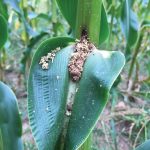
Bt-resistant corn borer concern grows
Critical tools for controlling corn borer could be lost
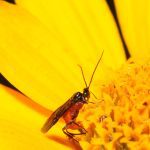
Army in place to fight crop insect pests
There’s a natural defence insect force guarding grain fields
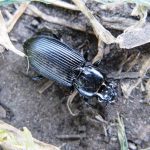
Ground beetle biocontrol against pea leaf weevil
Management of pea leaf weevil is tricky, since by the time the farmer knows they have a problem, it’s often too late to spray
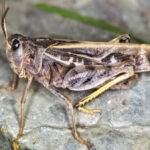
Flea beetles, grasshoppers poised for reprises in Manitoba fields
These insects did a lot of damage last year, and could return this season
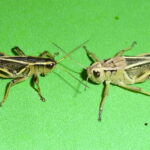
Grasshoppers in Manitoba are hungry, and plentiful
After a string of dry summers helping their populations, producers are encouraged to scout for pest grasshoppers
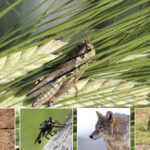
Predators line up for grasshoppers
Grasshoppers might be voracious — but so are the many things that consume them
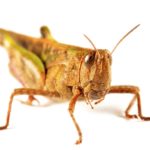
Prairie pest report says grasshopper risk low
This despite general upward trend in the populations across Manitoba and Saskatchewan

Potato beetle resistance on the rise
This long-standing challenge is growing as less response to foliar insecticides is being observed

Are wireworms’ days numbered?
Once you have wireworms, it’s hard to get rid of them, but that might be changing once BASF’s new seed treatment launches in 2021




